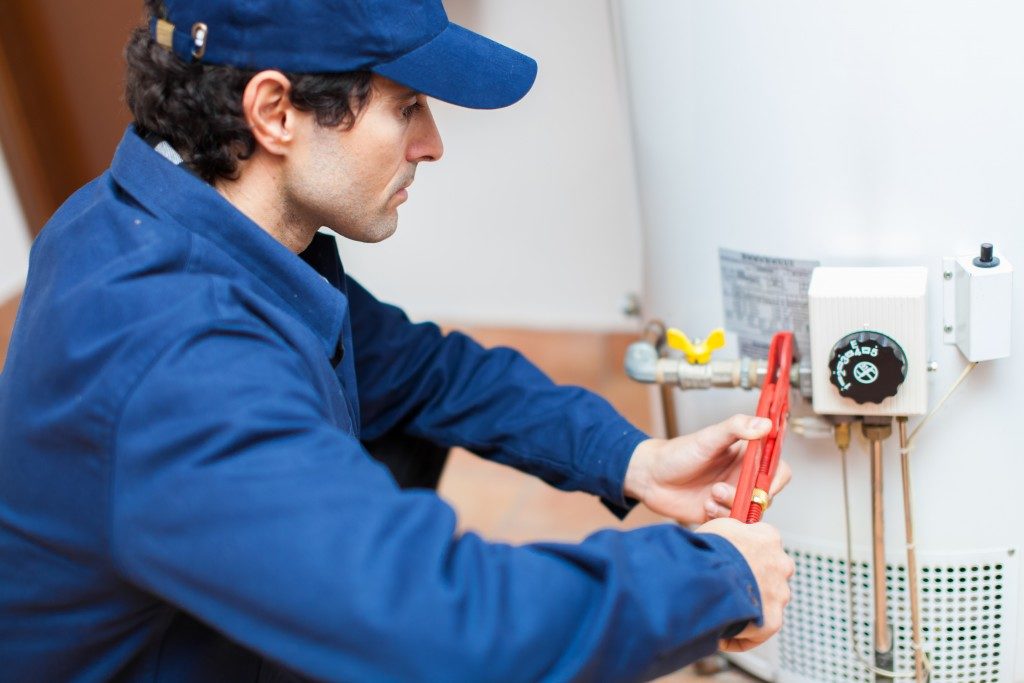Majority of homeowners have no clue when their water heating system is on its last legs. Luckily, there are some signs you could keep an eye on before you even have to deal with soggy carpeting or a flood in your garage. Avoid the damage that a broken down water heater could unleash by paying attention to the following warning signs and immediately seeking the services of a water heater repair technician in Salt Lake City, UT.
Unusual Noise and Rumbling
As your water heater ages, the bottom of your tank would inevitably contain sediment buildup, and as this buildup is heated and reheated, it would harden eventually. Once this occurs, you would hear clanging or rumbling noises from your heater. This is an indication that your water heater is almost on its last legs.
The sediment buildup would likewise equate to less efficiency since your heater would require more electricity or gas, as well as further damage to your heater since it would need more time for heating water that, in turn, would lead to more wear on your tank and result in making the metal brittle.
Rusty Water
If you suddenly notice that your heater is releasing rusty water that originates from your hot side piping, this could mean that it is already rusting inside and might start leaking soon. However, if your pipes are galvanized, your pipes might be rusting.
To determine if it is your water heater and not your piping, fill a couple of buckets with hot water straight from your heater. If the water still comes out rusty by the third or fourth bucket, your heating system might be the problem.
Water Surrounding Your Heater
 You might have a fracture or leak in your tank if there is water or moisture around the tank. When metal heats up, it also expands, and if your tank has fractures, leaks are imminent. But before you replace your heater, make certain that you do not see other leaks from the connections or fittings to your tank. Likewise, ensure that there are no leaks in the pressure/temperature overflow pipe. If all fittings and connections are dry, replacement might be your best bet.
You might have a fracture or leak in your tank if there is water or moisture around the tank. When metal heats up, it also expands, and if your tank has fractures, leaks are imminent. But before you replace your heater, make certain that you do not see other leaks from the connections or fittings to your tank. Likewise, ensure that there are no leaks in the pressure/temperature overflow pipe. If all fittings and connections are dry, replacement might be your best bet.
Age of Your Water Heater
In general, water heaters that are older than 10 years must be thoroughly inspected to determine if it needs replacement. If your heater is installed in a spot that will not really cause damage even if it leaks, you could wait until after it starts leaking before you replace it, but this is not really recommended. If it is installed in a place that could cause your home damage, it is best that you replace it before you begin to see warning signs or after 10 years.
If you notice any of these warning signs, get help from a professional to help you figure out whether your water heater is due for replacement or it just requires maintenance of repairs to get it working right again. Keep in mind to crunch the numbers first if it comes down to repairing versus replacing since it might be more cost-effective in the long run for you to opt for a replacement instead of repair.

